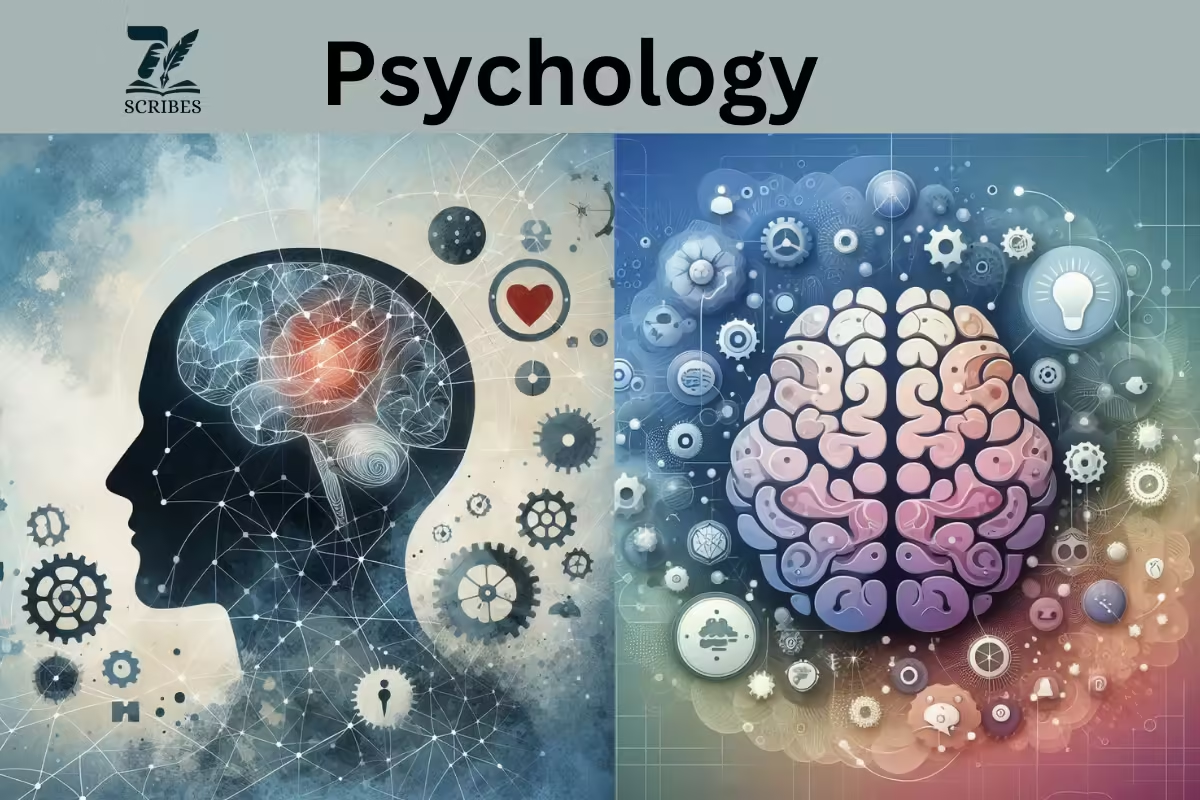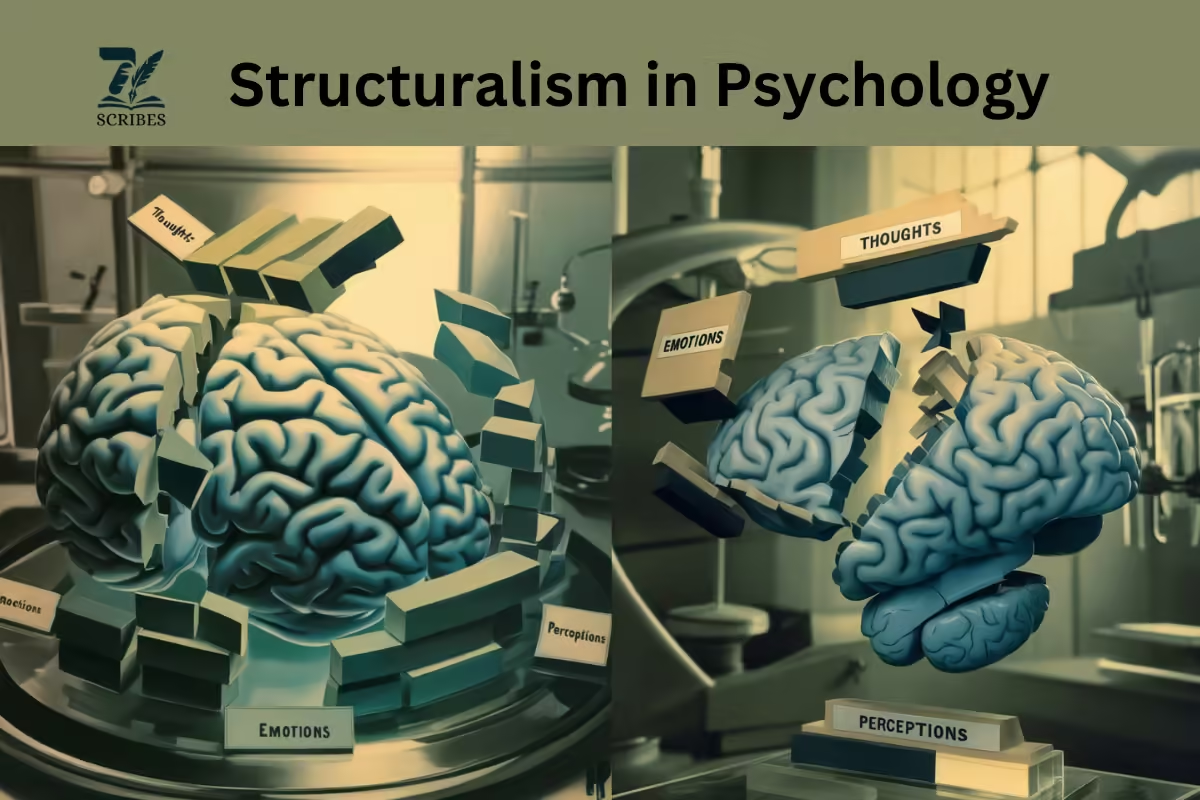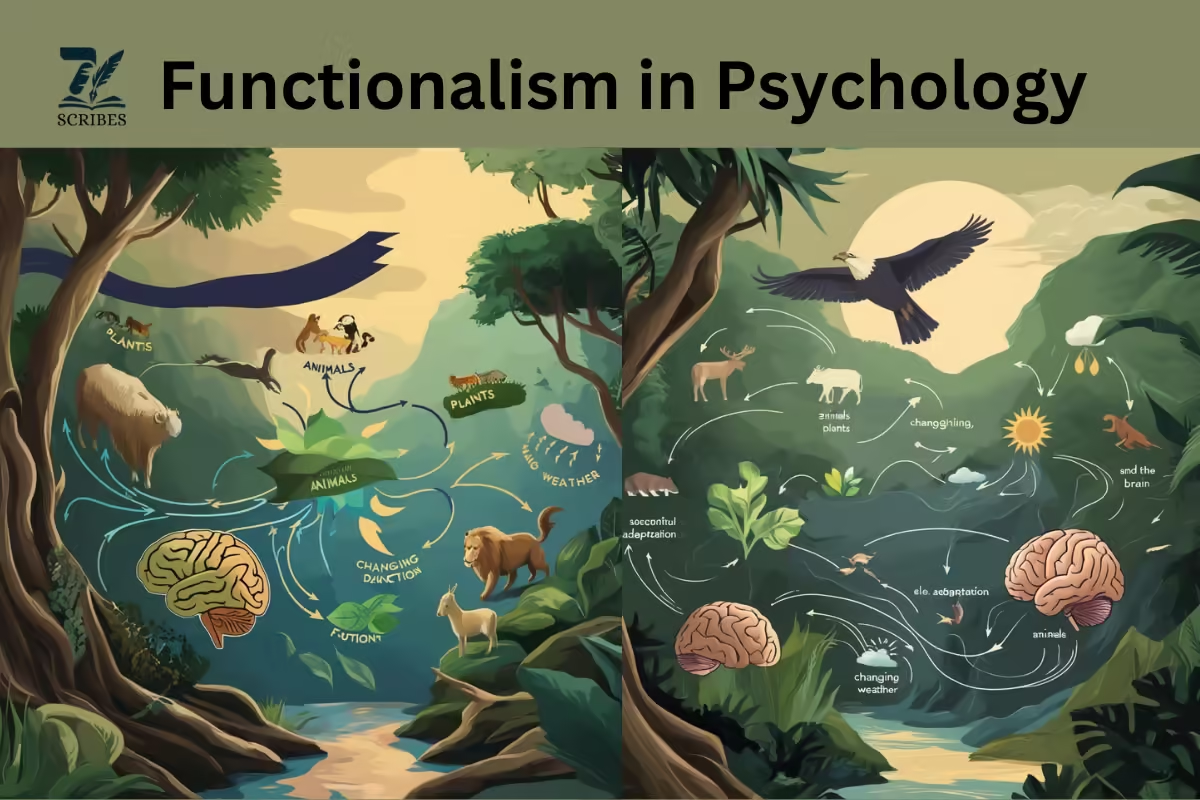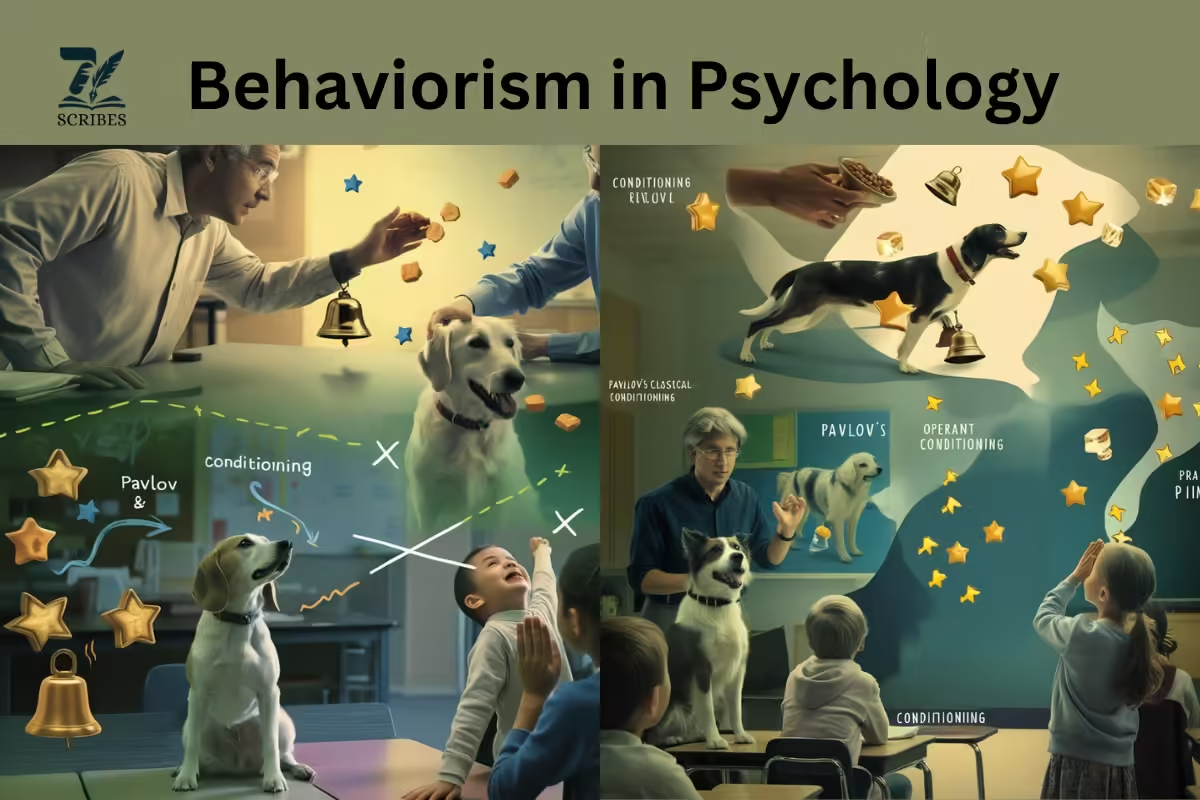Why should we study psychology? Is it important to understand behavior? Does it help make crucial life decisions? All these questions are related to psychology. To answer these questions, we needed to focus on principles leading to human actions, emotions, feelings, attitudes, etc. The study of psychology helps us to understand the behavior of others and ourselves. So that we can change the behavior, in this blog we will explore what is psychology and the different schools of thought in psychology.
What is psychology?
Psychology is defined as “the science of behavior and mental process.”
Here we need to understand mental processes and behavior.

Mental Process:
The internal functions of our minds, which we cannot see are called mental processes. Mental process includes
- Thinking
- Dreaming
- Problem-solving
- Decision making
- Remembering
Behavior:
Behavior is the act of organisms.
For examples:
- Smiling and greeting someone when you meet them (social behavior)
- Crying when feeling sad or laughing at the joke. (Emotional behavior)
Different schools of thought of psychology:
- Structuralisms
- Functionalism
- Behaviorism
- Gestalt Psychology
- Psychoanalysis
Structuralism:
Collaborators: Wilhelm Wundth and Edward Titchener.
First lab: Wihelum Wundth developed the first psychology lab in Germany.
It focused on reducing mental processes into their most basic elements.
Method:
In structuralism, introspection was used to understand and analyze the inner processes of the human mind.
Criticisms:
Lack of Reliability: They used the method of introspection, which led to a lack of reliability in results.
It was too concerned with internal behavior, which is not directly observable and cannot be accurately measured.
Strengths:
- It is the first major school of thought in psychology.
- It also influenced the development of experimental psychology.

Functionalism:
Founder: William James, Dewey Harvey
- It focused on the purpose of consciousness and behavior.
- It was based on the mind’s functions and adaptation.
- It also emphasized individual differences, which had a profound impact on education.
Criticism:
- According to Wundt, “It is literature. It is beautiful, but it is not psychology.”
Strengths:
- It influenced the development of behaviorism and applied psychology.
- It also influenced the educational system.

Behaviorism:
Discoverer: John B. Watson, Ivan Pavlov, B.F. Skinner
It was based on two conditions which are given below
Classical Condition:
A neutral stimulus is paired with a naturally occurring stimulus. Eventually, the neutral stimulus comes to evoke the same response as the naturally occurring stimulus even without the naturally occurring stimulus presenting itself.
Example:
Imagine you are conditioning a dog to salivate in response to the sound of a bell. You repeatedly pair the presentation of food with the sound of a bell. You repeatedly pair the presentation of food with the sound of the bell. You can say the response has been acquired as soon as the dog begins to salivate in response to the bell tone.

Operant\Instrumental Conditioning:
- It is a method of learning that occurs through reinforcement and punishment.
- Through operant conditioning, an association is made between a behavior and a consequence for that behavior.
For example:
If a parent rewards their child with praise every time they pick up their toys, the desired behavior is consistently reinforced. As a result, the child will become more likely to clean up messes.
Strengths:
- It focuses on observable, measurable behaviors.
- It is useful for modifying behavior in the real world.
- Useful applications in therapy, education, parenting, and child care.
Weaknesses:
- It does not account for biological influences.
- It does not consider moods, thoughts, and feelings.
- It does not explain learning.
Criticisms:
- Freud said that behaviorism failed by not accounting for the unconscious mind’s thoughts, feelings, and desires that influence people’s actions.
- Carl Rogers and other humanistic psychologists believed that behaviorism was too rigid and limited, failing to take into consideration personal agency.
Gestalt psychology:
Collaborators: Max Wertheimer (1880-1943), Wolfgang Kohelr, Kurt Koffka.
Key points:
- They believed that people are more than the sum of their parts and that we can understand the whole as one unit.
- The German word “Gestalt” means “whole.”
- Gestalt psychology’s goal was to study perception, learning, problem-solving, or personality as a whole.
Criticisms:
- It is performed only in the area of perception.
- They did nothing about the unconscious process.
- Their approaches were not purely scientific.
Psychoanalysis:
Founder: Sigmund Freud
This school of thought emphasized the influence of the unconscious mind on behavior.
Freud believed that the human mind was composed of three elements.
- Id: The id is the most primitive part of our psyche, present from birth. It operates on the “pleasure principle,” seeking immediate gratification of basic needs and desires, like hunger, thirst, and sexuality. The id is unconscious and driven by instinctual urges.
- Ego: The ego develops as we grow, operating on the “reality principle.” It mediates between the id’s desires and the outside world, finding realistic ways to satisfy the id’s needs while considering social rules and norms. The ego is partly conscious and helps us make rational decisions.
- Superego: The superego represents internalized moral standards and ideals, acting as a conscience. It strives for perfection and judges our actions, leading to feelings of pride or guilt. The superego helps us adhere to societal rules and is often in conflict with the id’s impulses
Conclusion:
Psychology is a broad field that helps us understand behavior, mental processes, and personal growth. Each school of thought has contributed to this understanding, adding unique perspectives on how we think, act, and adapt. By studying psychology, we gain insights into the underlying processes that shape behavior, providing us with tools to make informed choices and navigate life’s complexities.
FAQ’s
Q1) What exactly is the study of psychology?
Psychology is the scientific study of the mind and behavior. It examines how people think, feel, and act, and explores factors influencing mental processes, emotions, cognition, and social interactions. The goal is to understand behavior and apply this knowledge to improve well-being and solve real-world problems.
Q2) What is the aim of psychology?
The aim of psychology is to understand, explain, and predict human behavior and mental processes.
Q3) What is psychology known for?
Psychology is known for studying the mind and behavior, including emotions, cognition, development, and social interactions, and applying this knowledge to improve mental health and well-being.